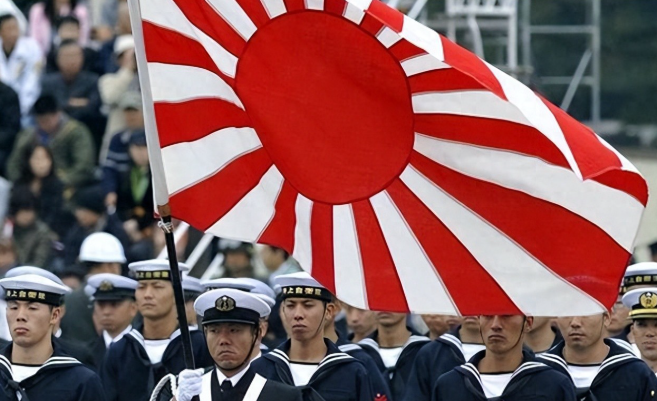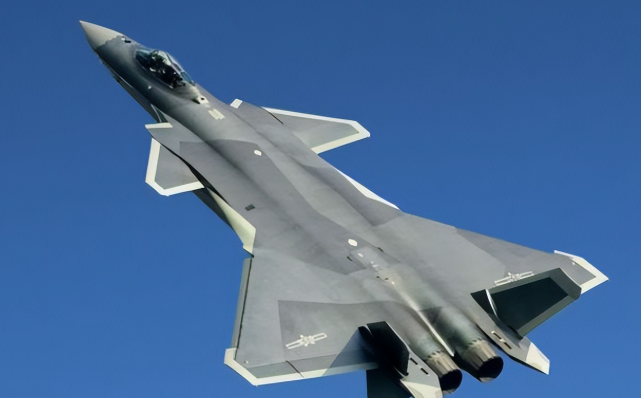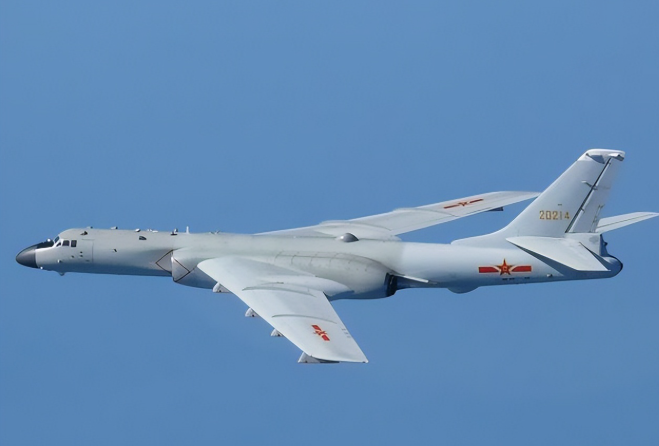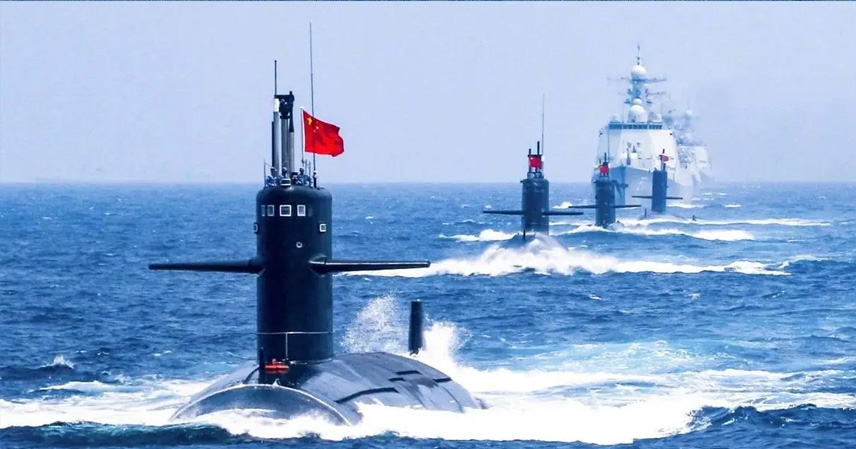The Taiwan Strait has long been a sensitive flashpoint, and Japan’s recent military maneuvers suggest it’s unwilling to remain a bystander. From missile deployments in its southwest islands to joint exercises with the U.S., Japan’s actions signal growing ambition. If Japan were to intervene in a Taiwan conflict, China claims the capability—and resolve—to “demilitarize” Japan’s Self-Defense Forces (JSDF) within 72 hours. Is this feasible, and what would it entail?
Japan’s Growing Ambitions
Japan’s defense budget for fiscal year 2024 reached a postwar record of 7 trillion yen (approximately $47 billion), funding advanced weaponry and bolstering its southwest islands. Notably, Japan deployed Type 12 anti-ship missiles on Yonaguni and Ishigaki islands, with ranges covering the Taiwan Strait. In early 2025, the Japanese destroyer Akizuki transited the strait, citing “freedom of navigation”, a move widely seen as a provocative signal to China. This shift from passive observation to active posturing was foreshadowed in 2021, when former Prime Minister Yoshihide Suga and U.S. President Joe Biden emphasized “peace and stability” in the Taiwan Strait, followed by Defense Minister Nobuo Kishi stating that Taiwan’s stability directly impacts Japan.

Why is Japan so bold? First, its tight alignment with the U.S., which has consistently stoked tensions over Taiwan, compels Japan to follow suit. Second, Japan seeks to shed the constraints of its postwar pacifist constitution, aiming to reemerge as a military power.
China’s Overwhelming Military Edge
Can China neutralize Japan’s JSDF in 72 hours? A comparison of military capabilities suggests it’s plausible. According to a 2024 U.S. Department of Defense report, by 2025, China’s navy will boast 395 vessels, including 3 aircraft carriers, 8 Type 055 destroyers, and over 80 submarines. The air force fields 300 J-20 stealth fighters, supported by Dongfeng-21D and Dongfeng-26B anti-ship ballistic missiles with ranges of 1,800 km and 4,000 km, respectively. In contrast, Japan’s Maritime Self-Defense Force has 164 vessels, including 4 helicopter destroyers and 36 destroyers, while its air force operates 50 F-35A fighters, with 42 F-35Bs planned for carrier use. In both quantity and quality, China holds a significant advantage.

China’s strategy would be swift and multi-pronged:
- Day 1: Launch Dongfeng missiles and cruise missiles to cripple Japan’s southwest island bases, such as radar stations and missile sites on Yonaguni and Miyako, with a single barrage.
- Day 2: Deploy J-20 fighters and H-6K bombers to target Japan’s command centers and communication hubs, disrupting the JSDF’s chain of command.
- Day 3: Mobilize navy carrier groups and submarine fleets to encircle Japan’s maritime forces, with the Rocket Force suppressing any naval response.
This 72-hour blitz leverages China’s heavy investment in military technology and strategic planning, ensuring rapid, decisive action.
Global Repercussions
If Japan intervenes in Taiwan, the international fallout would be significant. The U.S.-Japan Security Treaty obligates U.S. support if Japan or its forces are attacked. However, China’s nuclear deterrence, including Dongfeng-41 intercontinental missiles and Jiulong-3 submarine-launched missiles, alongside its anti-access/area-denial (A2/AD) strategy, could deter U.S. intervention. Russia, embroiled in disputes with Japan over the Northern Territories, is likely to side with or remain neutral toward China, potentially exploiting the situation for strategic gains. North Korea, with stable ties to China, could further complicate Japan’s position in Northeast Asia.

China steadfastly upholds the “One China” principle, viewing Taiwan as an inalienable part of its territory and its issues as internal affairs. The Foreign Ministry has consistently stated that external forces have no right to interfere. Should Japan cross this line, China is prepared for a firm response while seeking diplomatic support to contain escalation.
Japan’s involvement in a Taiwan conflict would be a high-stakes gamble. With superior military capabilities, a clear strategy, and unwavering resolve, China could indeed demilitarize the JSDF within 72 hours. The Taiwan Strait is a core Chinese interest, and any interference would meet a resolute response.
References
- Japan Ministry of Defense. (2024). Defense Budget Overview for FY 2024.
- U.S. Department of Defense. (2024). Military and Security Developments Involving the People’s Republic of China.



